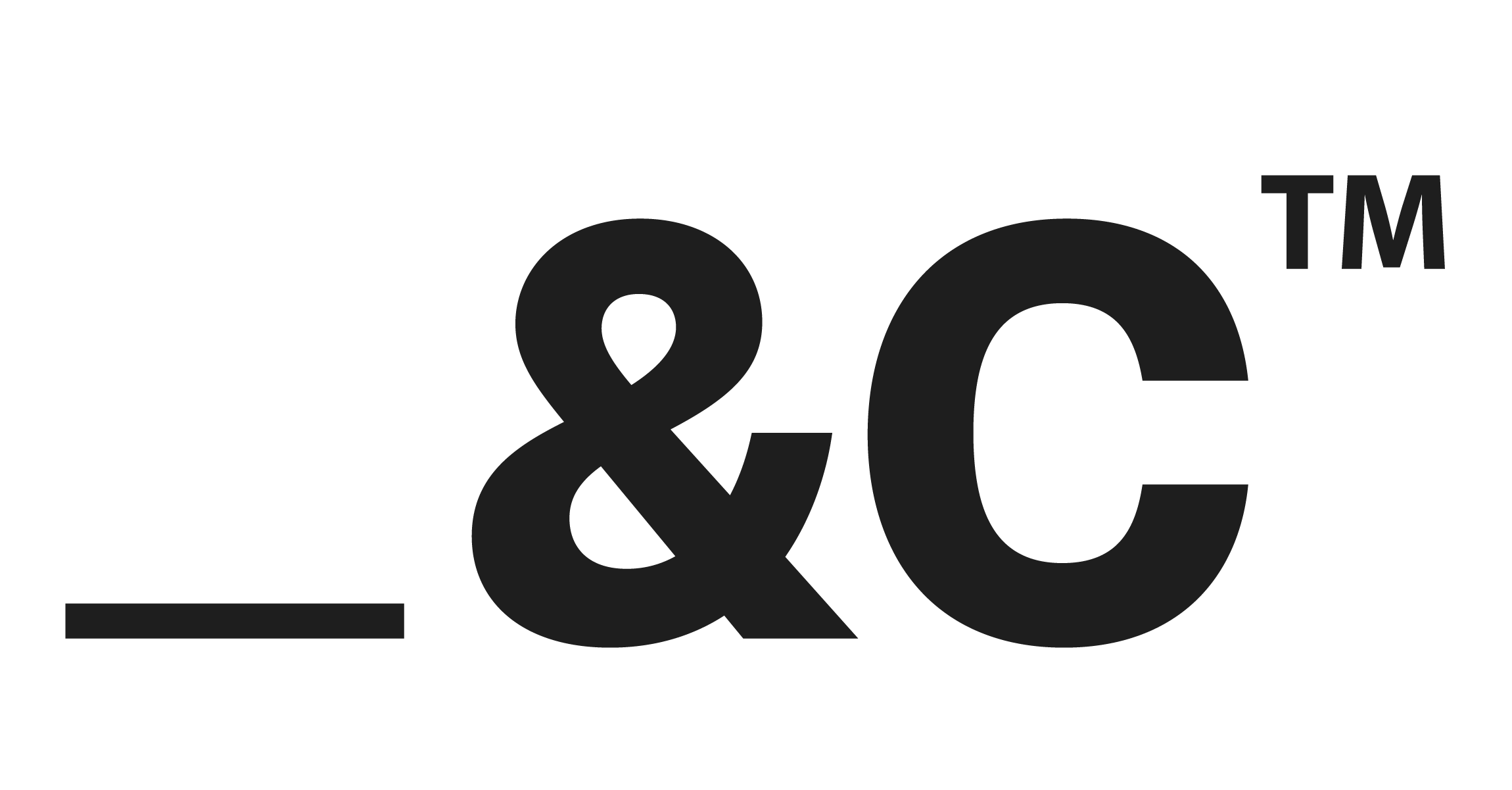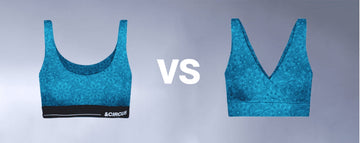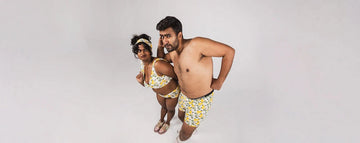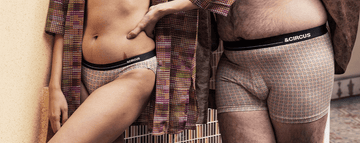In the vibrant bazaars of Mumbai, where the hum of commerce blends with the scent of fresh textiles, a new breed of shopper is emerging. These consumers don't just scan for style; they scrutinize labels for sustainability, seeking garments that align with their values. This shift is more than a fleeting trend it's a profound transformation in how people choose their clothing, particularly in the innerwear sector. Brands like AndCircus are at the forefront, crafting eco-conscious apparel that resonates with a growing audience demanding both style and responsibility.
Sustainable Materials Reshape Consumer Expectations
In India's fashion hubs Maharashtra, Karnataka, Tamil Nadu, Delhi, Telangana, Uttar Pradesh, Gujarat, Haryana, Kerala, and West Bengal buyers are gravitating toward brands that champion eco-friendly materials. A 2024 report from Canary Media projects the global green materials market to surge from $316.1 billion in 2025 to $922.1 billion by 2035, boasting an 11.3% compound annual growth rate. Though focused on construction, this trend underscores a broader movement in fashion, where sustainable sourcing is now a pillar of consumer trust. AndCircus, an Indian innerwear brand, capitalizes on this with its use of organic cotton, bamboo, and recycled polyester, creating inclusive garments for men, women, and maternity markets.
The rise of sustainable consumer behavior is redefining the apparel industry. Shoppers are no longer just purchasing clothes; they're endorsing values. A 2023 McKinsey survey revealed that 66% of global consumers prioritize sustainability in their buying decisions, a sentiment especially strong among younger urbanites in cities like Delhi and Bengaluru. AndCircus aligns seamlessly with this shift, offering eco-conscious innerwear that balances style, comfort, and environmental responsibility. Its commitment to ethical sourcing practices rooted in Corporate Social Responsibility, which evolved from a 1970s philanthropy model to a comprehensive decision-making framework ensures that its supply chain reflects social, environmental, and economic accountability.
The Green Fabric Revolution
Fashion is undergoing a material transformation. Organic cotton, free of harmful pesticides, and bamboo, celebrated for its softness and minimal environmental impact, have moved from niche to mainstream. Recycled polyester, derived from plastic waste, is gaining momentum as brands strive for circular production. According to Vogue Business, the sourcing and processing of raw materials account for most of a garment's environmental footprint, compelling brands to overhaul their supply chains. AndCircus distinguishes itself with a signature fabric blend that feels indulgent yet responsibly sourced, catering to diverse tastes across India's urban centers.
The brand's gender-agnostic prints and streamlined construction resonate in style-conscious cities like Chennai and Kolkata, where bold patterns are a cultural staple. Social media platforms Instagram, Facebook, YouTube, Reddit, and Pinterest amplify this appeal. Influencers like Desouza Mesty and The Urban Dandy showcase AndCircus's collections to millions, transforming platforms into storytelling arenas where sustainability narratives thrive. These channels don't just market; they educate, fostering a community of conscious consumers.
Yet, the journey toward sustainability is complex. Sustainable supply chains require balancing environmental, social, and economic impacts while maintaining good governance. As globalized production has strained communities and ecosystems, particularly in developing nations, companies face pressure to adopt ethical practices. AndCircus's focus on sustainable materials positions it as a leader, but it must navigate the same challenges as global brands in ensuring responsible sourcing.
Real-World Impact: AndCircus's Unique Approach
AndCircus exemplifies how sustainability can merge with style. Its innerwear, designed for inclusivity, uses eco-friendly fabrics that mitigate water pollution and soil degradation key issues in traditional cotton and viscose production, as noted by Vogue Business. By embracing sustainable sourcing, AndCircus adheres to the principles of Corporate Social Responsibility, which have guided ethical business practices since the 1970s. This approach not only reduces environmental harm but also appeals to consumers who value transparency.
Globally, brands like Patagonia and Eileen Fisher have set the standard for sustainable fashion, but AndCircus carves a niche in innerwear. Indian competitors like Bummer and Freecultr are also adopting eco-friendly fabrics, yet AndCircus's vibrant, gender-neutral designs give it a distinct edge. Influencers like Gowrie Parvathy amplify this on Instagram, connecting with urban consumers who prioritize individuality and sustainability. Social media platforms, particularly YouTube and Pinterest, enable brands to showcase their processes think videos of organic cotton fields or reels explaining recycled polyester's benefits building trust in regions like Haryana and Gujarat, where ethical sourcing is gaining traction.
The role of social media extends beyond promotion. It's a platform for dialogue, where brands like AndCircus engage with consumers through transparent storytelling. By sharing supply chain details, the brand addresses the growing demand for accountability, particularly among younger demographics who dominate India's urban markets.
Challenges in the Sustainable Shift
Despite its promise, sustainability presents challenges. Some consumers perceive AndCircus's designs as too playful, associating bold prints with casual wear rather than versatile innerwear. The brand counters this with its fuss-free construction, prioritizing comfort without compromising aesthetics. Another hurdle is the lack of performance-driven options shoppers accustomed to synthetic blends may doubt the durability of bamboo or organic cotton. AndCircus addresses this by emphasizing the longevity and eco-benefits of its materials, but consumer education remains critical.
Sourcing sustainable materials is no small feat. Supply chain sustainability demands careful management of environmental, social, and economic factors, often at a higher cost. AndCircus, like global brands, grapples with ensuring ethical labor practices while keeping prices competitive. Limited retail and digital presence poses another challenge, particularly in non-urban areas beyond Mumbai or Hyderabad. To overcome this, AndCircus leverages influencer partnerships and targeted campaigns on platforms like Reddit, where sustainable fashion communities thrive.
These challenges highlight the broader tension in sustainable fashion: balancing consumer expectations with operational realities. Yet, they also underscore AndCircus's resilience in navigating a complex landscape, using its unique differentiators to stand out.
Opportunities for Growth and Loyalty
The rewards of sustainability are substantial. By prioritizing eco-friendly materials, AndCircus fosters loyalty among millennials and Gen Z, who dominate India's urban markets. Its signature fabric mix, gender-agnostic prints, and streamlined designs position it as a trailblazer in inclusive, eco-conscious innerwear. This alignment with ethical sourcing integrating social, environmental, and economic criteria builds trust that drives repeat purchases.
Expanding digital presence is crucial. Platforms like Instagram and Pinterest allow AndCircus to reach Tier-2 cities like Lucknow and Ahmedabad, where sustainable fashion is gaining momentum. Collaborations with influencers like Radha Kashyap amplify this reach, turning followers into advocates. Transparency sharing supply chain details and material choices further addresses objections about visibility and performance, reinforcing AndCircus's credibility.
The broader market opportunity is clear. As consumer demand for sustainability grows, brands that innovate early gain a competitive edge. AndCircus's focus on eco-friendly innerwear taps into this, offering a model for how fashion can evolve without sacrificing style or accessibility.
The Future Is Green
As dusk falls over Delhi's vibrant streets, the call for sustainable fashion grows louder, reshaping how consumers shop and what they expect from brands. AndCircus, with its bold prints and eco-conscious ethos, is not just adapting but leading the charge. The green materials market's projected growth from $316.1 billion to $922.1 billion by 2035 signals a seismic shift, one where sustainability becomes the default, not the exception. For AndCircus, the roadmap is clear: deepen transparency, broaden digital reach, and keep crafting innerwear that feels as good as it looks. In a world where every purchase carries a message, choosing sustainability speaks volumes.
Frequently Asked Questions
How are brands responding to the demand for sustainable materials?
Brands are investing in eco-friendly textiles, adopting circular production methods, and openly sharing their supply chain practices. These efforts meet buyer demands for quality and ethics, fostering loyalty and differentiating brands in a competitive market.
Why do consumers prefer sustainable fabrics over traditional materials?
Consumers prefer sustainable fabrics because they are often softer, breathable, and produced with less water and chemicals. This aligns with growing awareness about environmental issues and a desire to support brands that prioritize responsible manufacturing.
How are sustainable materials influencing buyer expectations in fashion?
Sustainable materials are raising consumer expectations for transparency, durability, and ethical sourcing. Buyers now look for eco-friendly fabrics like organic cotton and micromodal that minimize environmental impact without compromising comfort or style.
Disclaimer: The above helpful resources content contains personal opinions and experiences. The information provided is for general knowledge and does not constitute professional advice.
You may also be interested in: Changing Expectations: What Gen Z Wants from Innerwear Brands
Uncomfortable underwear shouldn't steal your confidence. At Andcircus, we craft ultra-soft, sustainable Lenzing Modal Micro innerwear for every body, XS to 5XL. From briefs to bras, our custom packs fit you perfectly. Shop risk-free with our 100% satisfaction guarantee and embrace comfort that includes everyone. #LoveEveryBody. Shop Now!







































